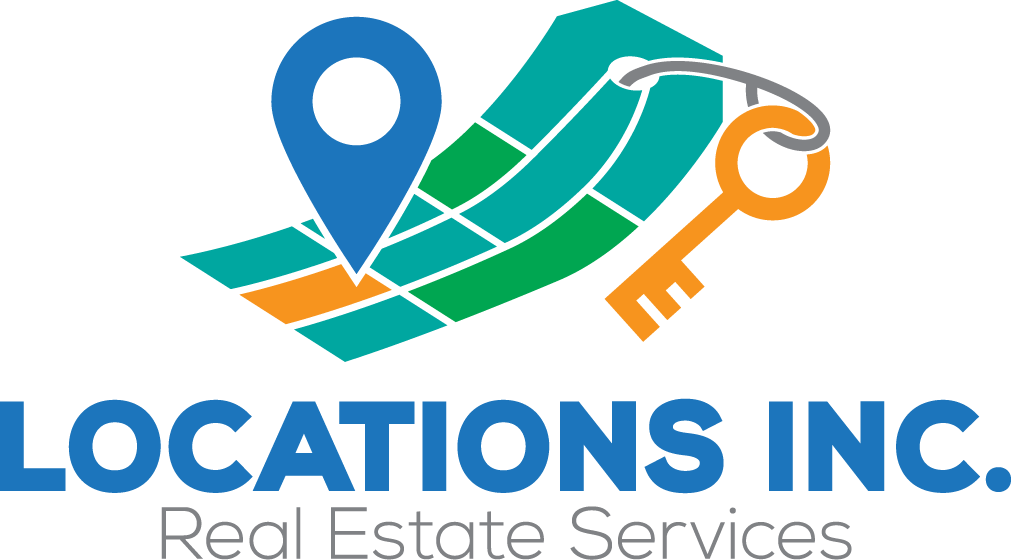The High Cost of Overpricing Your Property
In the real estate market, it's crucial to set the right price for your property. This can often dictate the success or failure of your selling efforts However, some sellers fall into the trap of overpricing their homes, which can result in significant losses. This informative article will explore the implications of overpricing and why it's in your best interest to avoid it.
Defining Overpricing
The concept of overpricing is not complex. Simply put, it refers to the practice of setting a selling price for a property that is significantly higher than its actual market value.
Turning Potential Buyers Away
The first thing a potential buyer sees when they come across a property listing is the price. If it's considerably higher than comparable properties in the area, they are likely to dismiss it altogether. According to a report from U.S. News Real Estate, even in a seller's market, buyers are unlikely to consider an overpriced home.
“Even in a hot market where there are more buyers than houses available for sale, buyers aren’t going to pay attention to a home with an inflated asking price.”
Extended Time on the Market
If a property is priced too high, it will likely remain on the market for a longer period. This can lead to additional costs for the seller and may even require a price drop to reignite interest. However, as Forbes points out, a price drop can be a red flag for buyers:
“It’s not only the price of an overpriced home that turns buyers off. There’s also another negative component that kicks in. . . . if your listing just sits there and accumulates days on the market, it will not be a good look. . . . buyers won’t necessarily ask anyone what’s wrong with the home. They’ll just assume that something is indeed wrong, and will skip over the property and view more recent listings.”
The Role of a Real Estate Agent in Pricing
A real estate agent can help sellers avoid the pitfalls of overpricing. Their role is to evaluate the current market value of the property based on its condition, any improvements made, and the selling prices of similar properties in the area. By doing so, they can help determine an appropriate asking price that will attract potential buyers without deterring them with an inflated price tag.
The Bottom Line
Overpricing your property can lead to a slower sales process and potentially lower profits. It's important to work with a real estate professional to ensure that your property is priced correctly. By doing so, you can attract eager buyers willing to make competitive offers, maximizing your profit and facilitating a smoother sale.
Whether you're a seasoned seller or a first-time homeowner looking to put your property on the market, understanding the implications of overpricing is crucial. Remember, setting the right price from the get-go is one of the keys to a successful sale.

